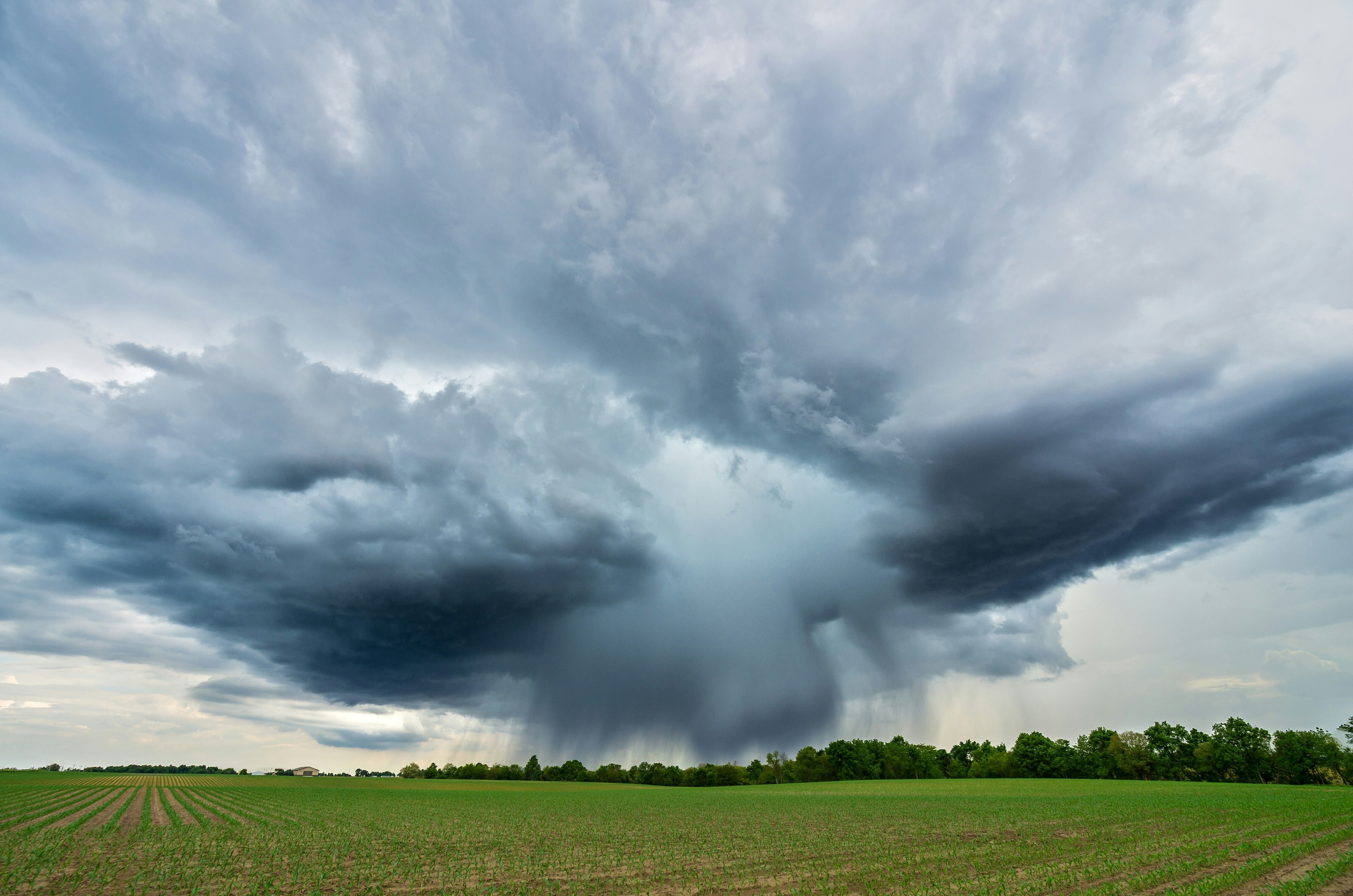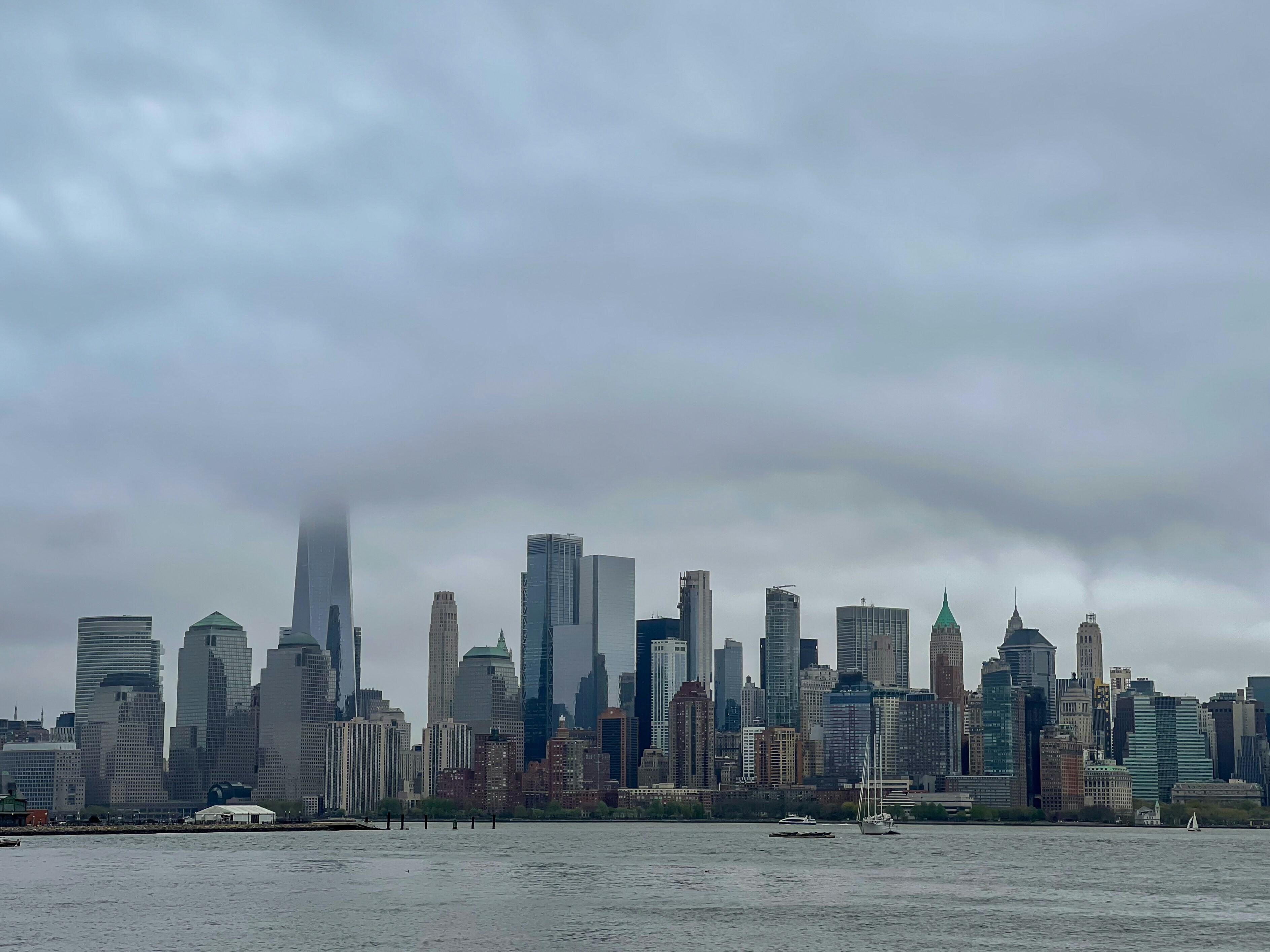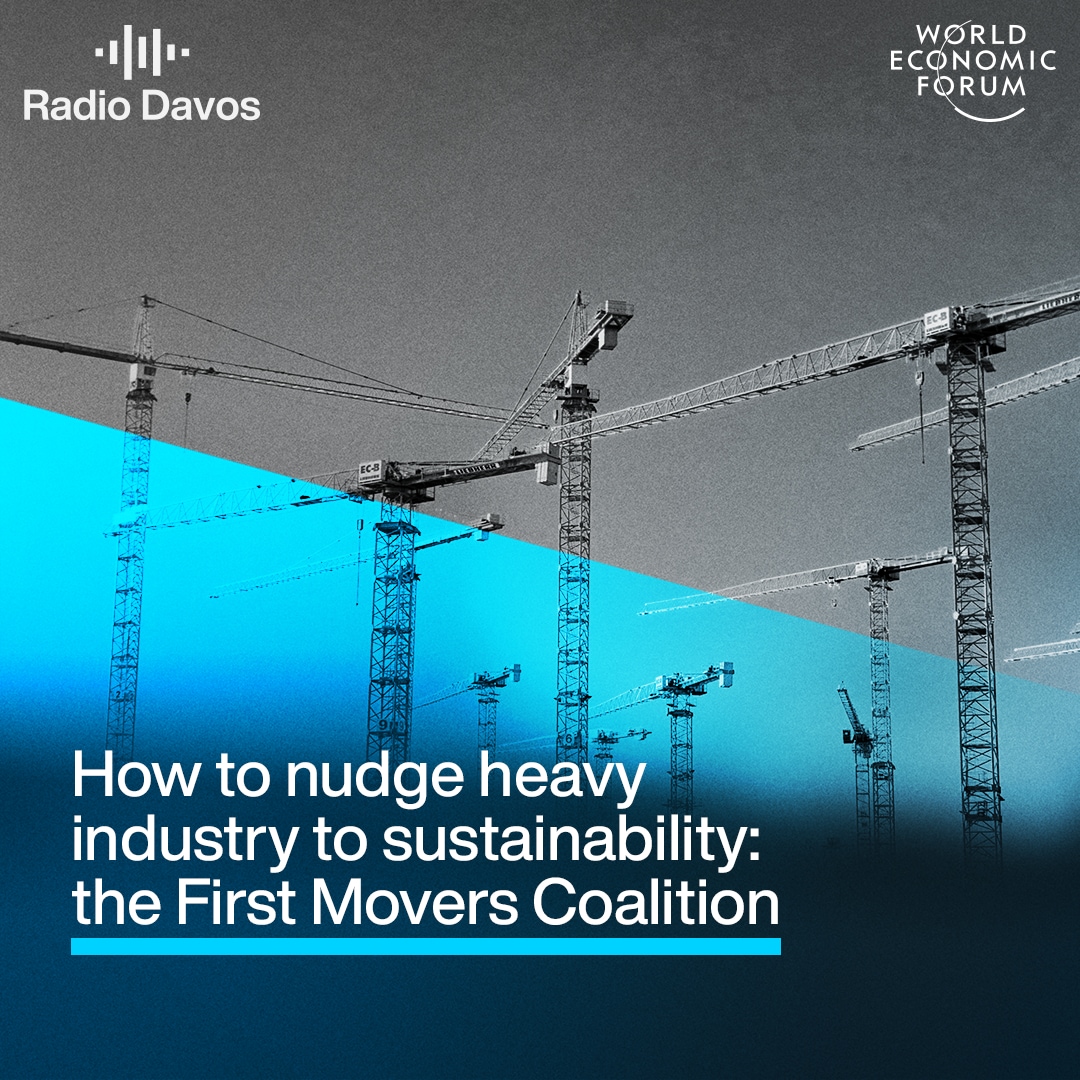The sliding dollar, the first US climate refugees and the likelihood of human extinction

The US dollar has hit a 15 month low
Image: REUTERS/Nicky Loh
Stay up to date:
Migration
Ted Cruz has suspended his campaign for the White House, all but confirming Donald Trump as the Republican nominee and almost certainly setting up a general election that will see the New York tycoon face off against Hillary Clinton. Mr Cruz made the announcement shortly after a resounding defeat at the hands of Mr Trump in the Indiana primary.
“For the first time in modern history, one of the two parties will nominate a person explicitly opposed to globalisation and free trade. Rarely in democratic history has a deeply established party, indeed the ‘Grand Old Party’, so totally inverted its worldview — let alone with such alacrity,” writes the FT’s Edward Luce.
Bernie Sanders was declared the winner of the Democratic primary, although there is little prospect of the Vermont senator challenging Hillary Clinton’s overall delegate lead. The former secretary of state is already looking ahead to the general election. (FT, USA Today)
In the news
I, for one, welcome our new robot overlords From warehouses to fast food joints to hospitals to industrial parks, the first representatives of an invading force of automatons are starting to become apparent. Their potentially devastating effects on employment have been widely predicted, but as they roll out of labs, they are about to tip off a financing boom. Check out this week's special series on robots. (FT)
Get your mortgage In the latest sign of a return to riskier lending, Barclays is allowing some buyers to take out a mortgage to 100 per cent of the value of the property, without needing a deposit. It is the first high street bank to launch a 100 per cent mortgage since the financial crisis. (FT)
The sliding dollar The US dollar hit a 15-month low on Tuesday, reflecting growing market concerns about US economic growth and the prospects of the Federal Reserve meeting even its own modest interest rates target. The “DXY” index that measures the greenback against a basket of its major peers has fallen for seven straight days — its longest losing streak in more than a year. (FT)
China: always look on the bright side Beijing is training its sights on economists, analysts and business reporters with negative views of the economy, warning them to get back in stepwith the government's more upbeat assessment. (WSJ)
EU ‘set to approve visa free travel for Turks’ The European Commission will give conditional approval for Turks to travel without visas to Europe’s passport-free Schengen area on Wednesday, sources have told the BBC. The move is part of a deal in which Turkey is taking back migrants who have crossed the Aegean Sea to Greece. But Turkey must still meet EU criteria, and the deal must be approved by the European Parliament and member states. The migrant deal remains something of a gamble for Turkey. (BBC, FT)
All eyes on ‘Dirty Harry’ Rodrigo Duterte, the controversial, tough-talking frontrunner in the Philippines’ presidential race, is raising concerns in the business world. (NAR)
It's a big day for
Brexit The House of Commons Liaison Committee is set to question David Cameron about the June referendum on EU membership. (FT)
Tesla Motors, which reports first-quarter results. The electric carmaker is expected to widen its quarterly loss but sales are predicted to climb by nearly 50 per cent year-on-year. (MarketWatch)
Number of the day
12.5m The number of Indians — 1 per cent of the population — who paid tax on their earnings in fiscal 2013, according to new data. (Quartz)
Food for thought
Sovereignty is not the same as power Martin Wolf on the dangers of Brexit, and how the very fact that the UK is holding a referendum on its EU membership proves that it is sovereign. (FT)
Behind the velvet rope Perched on the 56th floor overlooking the sprawling Jakarta metropolis, Skye bar could easily contend with the swankiest of venues in New York or London. And it is just one of a booming number of upmarket outlets that have sprung up to cater to the city’s growing elite. (FT)
Resettling the first US climate refugees The $48m grant to move the residents of Isle de Jean Charles in Louisiana is the first allocation of federal tax dollars to relocate an entire community struggling against the effects of climate change. (NYT)
Rise of the machines Dramatic advances in workplace artificial intelligence portend social, economic and political disruption for which we are completely unprepared, writes Martin Ford. “If we fail to have a meaningful public conversation about what robotics and artificial intelligence mean for the future, and develop workable ways in which to adapt our economy and society, then far greater, and more frightening, volatility is sure to soon arrive.” (FT)
Scourge of Wall Street Preet Bharara, US Attorney for the Southern District of New York, runs one of the largest and most respected offices of federal prosecutors in the country. Under his leadership, the office has charged dozens of Wall Street figures with insider trading, and has upended the politics of New York State by convicting the leaders of both houses of the state legislature. The turning point in his career, though, took place when he masterminded a dramatic congressional hearing. (New Yorker)
The likelihood of human extinction Nuclear war. Climate change. Pandemics that kill tens of millions. The struggle is real: across the span of their lives, the average US citizen is more than five times likelier to die during a human-extinction event than in a car crash, according toa new study on “global catastrophic risk”. (The Atlantic)
Video of the day
Janan Ganesh on UK Labour party’s woes The Labour party is set for its first big test this year, in local and devolved elections. FT editor Lionel Barber and political commentator Janan Ganesh discuss the likely impact of the London mayoral election on the party and its leader, Jeremy Corbyn. (FT)
Don't miss any update on this topic
Create a free account and access your personalized content collection with our latest publications and analyses.
License and Republishing
World Economic Forum articles may be republished in accordance with the Creative Commons Attribution-NonCommercial-NoDerivatives 4.0 International Public License, and in accordance with our Terms of Use.
The views expressed in this article are those of the author alone and not the World Economic Forum.
Related topics:
Forum Stories newsletter
Bringing you weekly curated insights and analysis on the global issues that matter.
More on Climate ActionSee all
Elizabeth Henderson
September 16, 2025
Cornelius Pieper and Nicky Collins
September 15, 2025
Lindsey Hall
September 15, 2025
Joe Myers
September 12, 2025
Emilian Axinia
September 11, 2025





